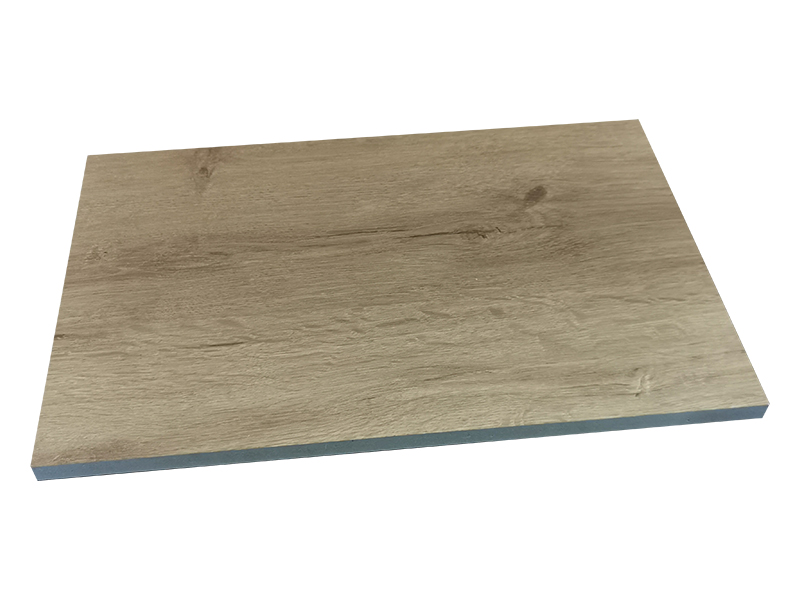The strength of solid wall panels can vary depending on the materials used and the design specifications of the panels. Solid wall panels, which are often made of materials like concrete or masonry, are generally known for their high strength and durability. Their strength is influenced by several factors:
Material Composition: The type and quality of the materials used in the panel greatly affect its strength. High-quality concrete and well-constructed masonry panels tend to be stronger.
Reinforcement: Some
solid wall panels may incorporate reinforcement materials like steel bars or mesh to enhance their strength and resistance to cracking.
Panel Thickness: Thicker panels are generally stronger than thinner ones. The thickness of a solid wall panel can be customized to meet specific structural requirements.
Mix Design: The concrete mix design or mortar mix used in the panel can be adjusted to achieve the desired strength characteristics.
Construction Techniques: Proper construction techniques, including curing and compaction, can influence the final strength of the panel.
Solid wall panels are often used in structural applications where strength and load-bearing capacity are essential. They are designed to meet specific structural requirements, and their strength can be engineered to accommodate various loads, including vertical loads (such as the weight of the building) and lateral loads (such as wind or seismic forces).
In engineering and construction, the strength of solid wall panels is typically measured in terms of compressive strength, which is the ability of the material to withstand axial loads (pushing or compressing forces). The compressive strength of solid wall panels can range from several thousand psi (pounds per square inch) to over 10,000 psi, depending on the materials and design.
It's important to note that the strength of solid wall panels is a critical factor in structural integrity and safety, and it should be determined and verified by structural engineers during the design and construction process to ensure that it meets the specific requirements of the building or structure.
